2 August 2020
Alexander Van der Bellen
President of Austria
Commemoration speech on the occasion of 2 August 2020, Holocaust Memorial Day for Sinti and Roma
Ladies and Gentlemen!
In Auschwitz-Birkenau we remember today, the estimated 500,000 Roma and Sinti who were victims of National Socialist terror in Europe. It was 76 years ago today, on 2 August 1944, that the last 3 000 people were murdered in Auschwitz-Birkenau. Women, children, babies, men, old and sick. Auschwitz was the last chapter of their long suffering.
I am very glad that this important commemoration is taking place despite COVID-19, and would like to thank the responsible organizers very much for this. It is important to keep alive the memory of the most terrible crime in the history of mankind. We owe it to the victims. We owe it to all those Roma and Sinti who survived. We owe it to their descendants.
You only need to think of one concrete fate in the Auschwitz camp to see the incomprehensibility of the Nazis’ racial madness openly before you. I understand today’s commemoration above all as a mandate to shape the present and the future. As President of Austria, I am thinking especially of my own homeland, Austria.
For a long time, the fate of the Roma and Sinti was repressed, concealed, and forgotten. Their culture is still burdened with clichés and prejudices even today. Contemporary witnesses among the Roma and Sinti who can report, what people in dictatorial times are capable of, are becoming fewer and fewer.
In 2013 the Austrian Roma artist Ceija Stojka died. She was deported to Auschwitz as a child. Her brother and several relatives were murdered here. She herself survived. Until her old age, she went to schools to tell her story to young people. Her artwork was shown in 2020 under the title “This Has Happend” in the famous Museo Reina Sofia in Madrid.
The second and third generations of Roma and Sinti are also actively keeping the memory alive. For example the Austrian writer Stefan Horvath. His parents survived several concentration camps, including Auschwitz. His own son died in February 1995 in a pipe bomb attack by a right-wing extremist.
People are increasingly interested in seeking justice for the victims. Monuments are erected or missing Roma villages reconstructed. In January of this year, I myself was at the commemoration for the liberation of the Auschwitz-Birkenau concentration camp on January 27th. The official delegation included Manuela Horvath from the Roma Pastoral of our provincial capital Eisenstadt.
It was very important for me to send this sign of my solidarity with the Roma and Sinti. Today’s European Holocaust Memorial Day for Sinti and Roma is an important sign of solidarity. We must ensure that contempt for humanity, scapegoating, hatred and violence are never again used as political instruments.
“Never again!” This is the only way we can really keep this promise.
Thank you.
Statements 2020
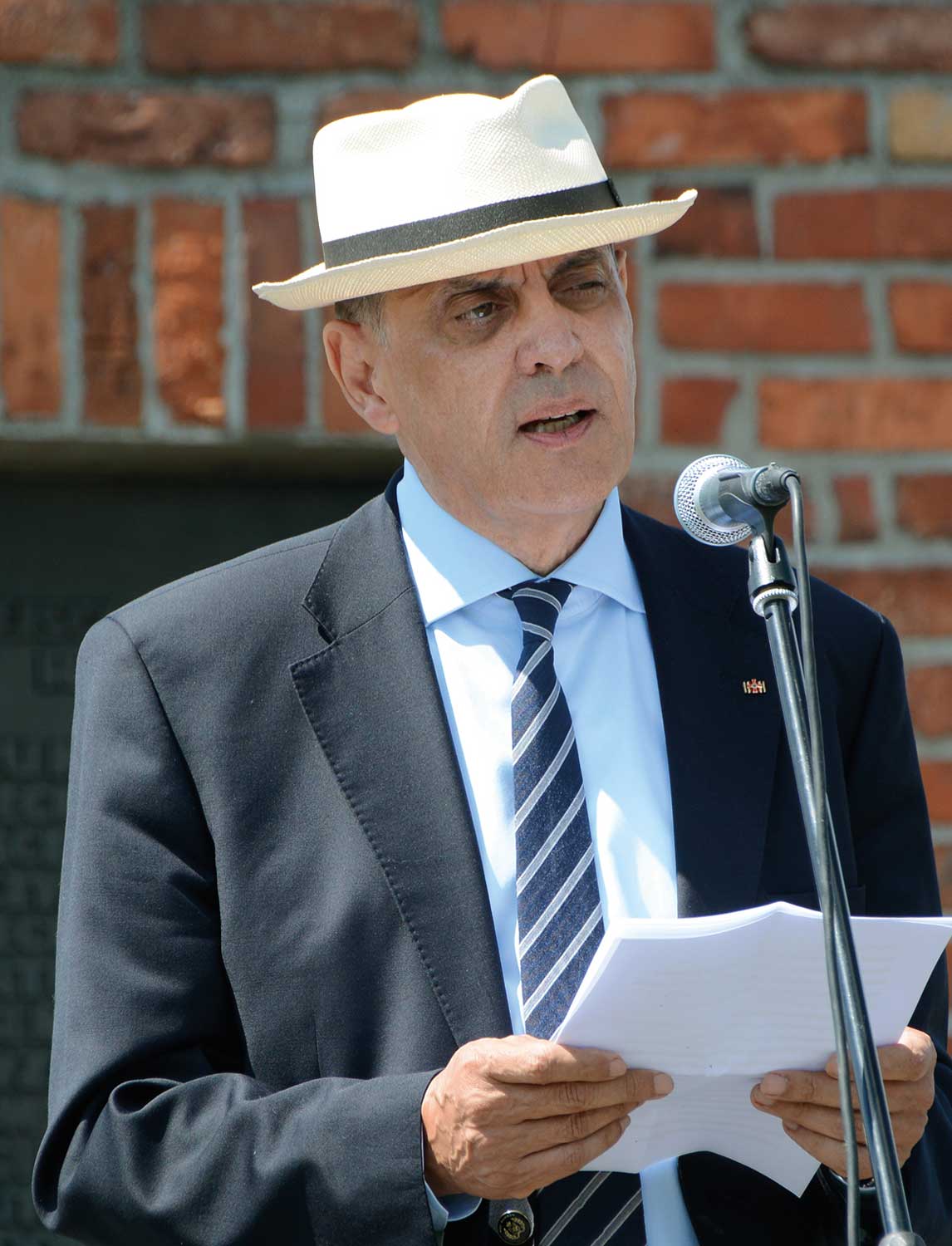
Romani Rose
Chairman of the Central Council of German Sinti and Roma

Zuzana Čaputová
President of the Slovak Republic
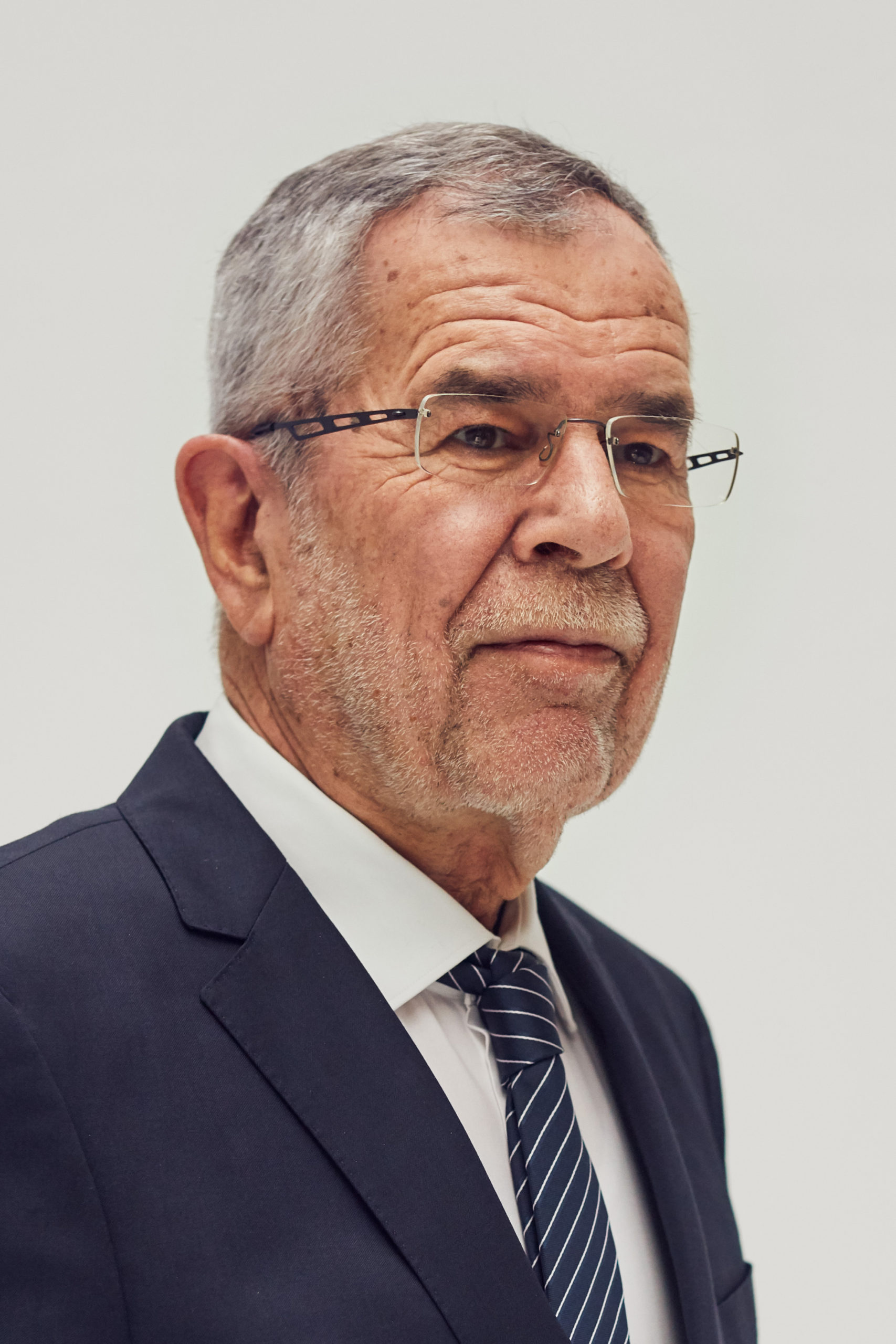
Alexander Van der Bellen
President of Austria
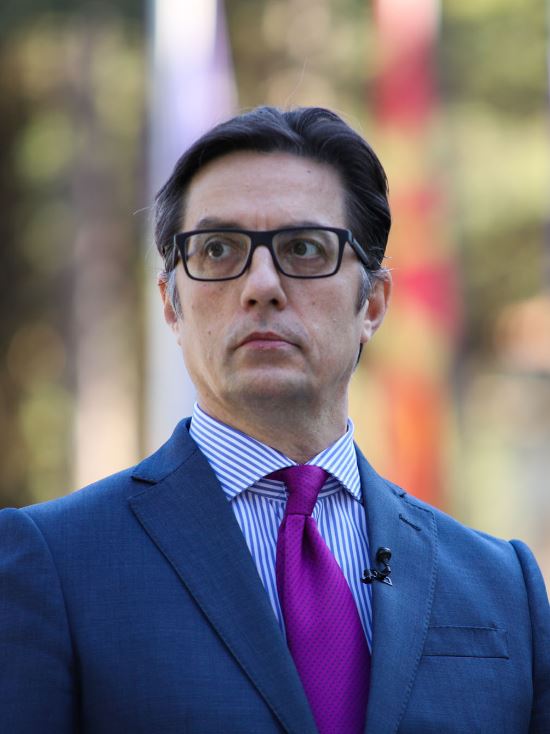
Stevo Pendarovski
President of North Macedonia

Helena Dalli
Commissioner for Equality, European Commission
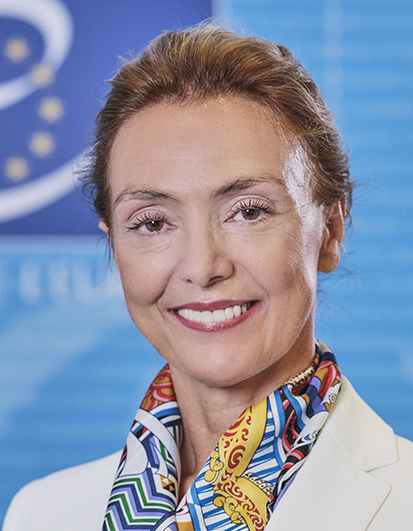
Marija Pejčinović Burić
Secretary-General of the Council of Europe
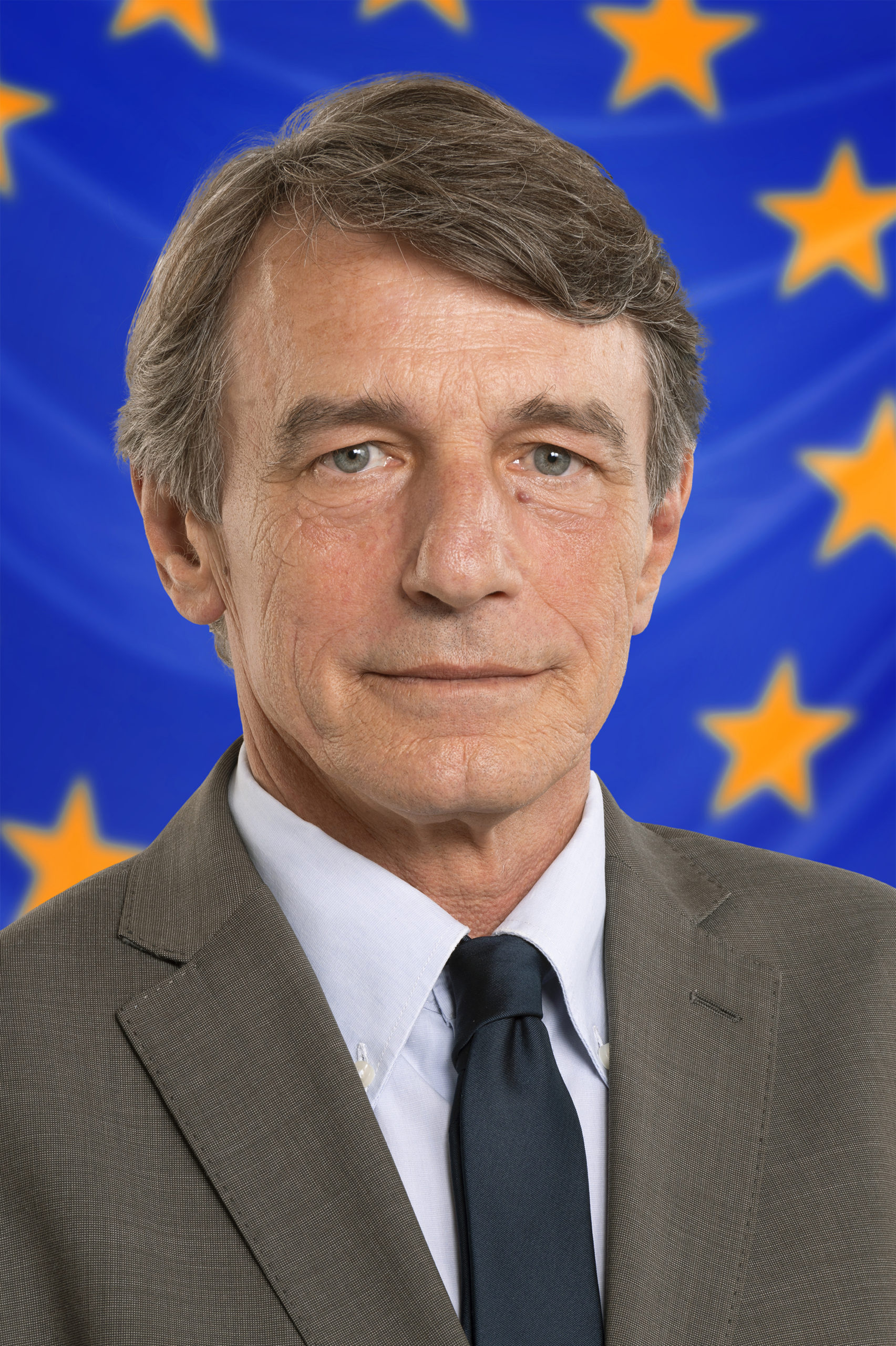
David Sassoli
President of the European Parliament
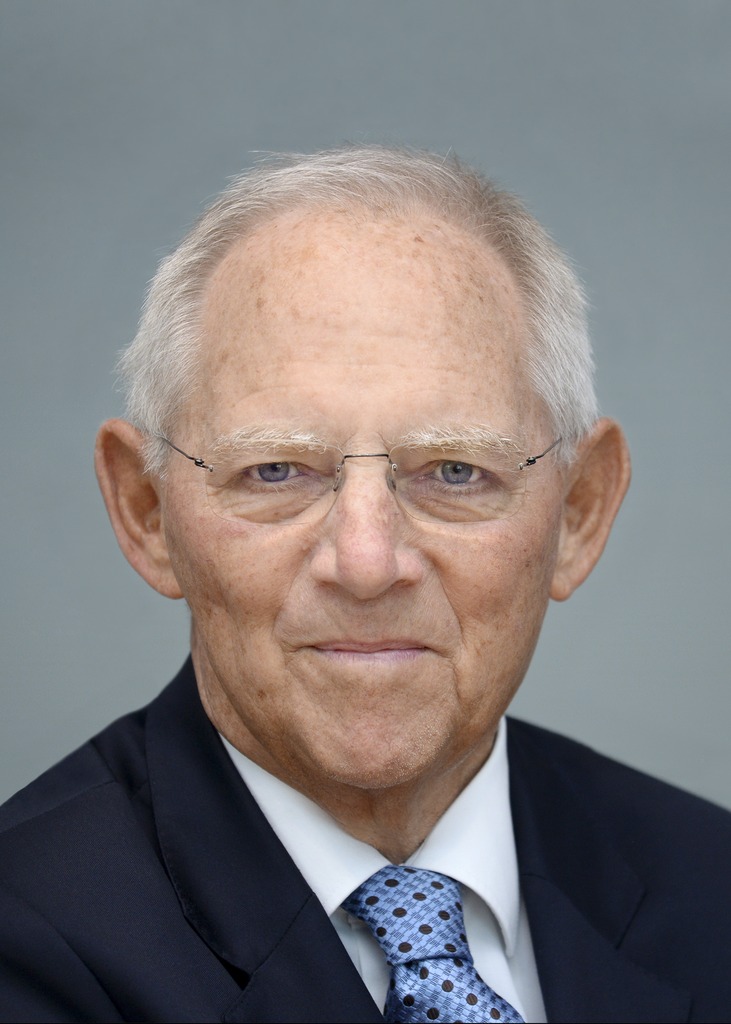
Wolfgang Schäuble
President of the German Bundestag
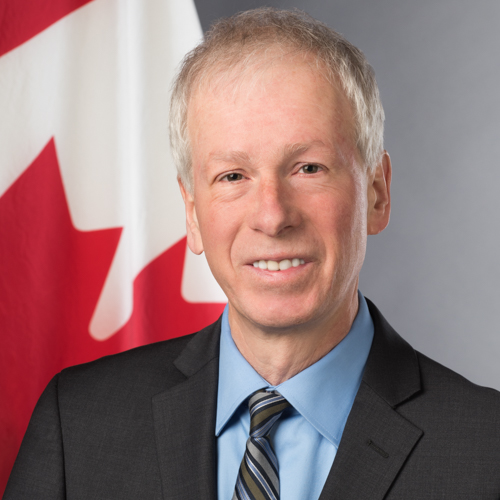
Stéphane Dion
Ambassador of Canada in Germany, Special Representative of Canada to the EU and to Europe
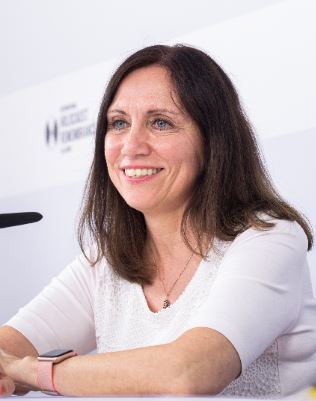
Michaela Küchler
Chair of the International Holocaust Remembrance Alliance

Michael O’Flaherty
Director of the European Union Agency for Fundamental Rights
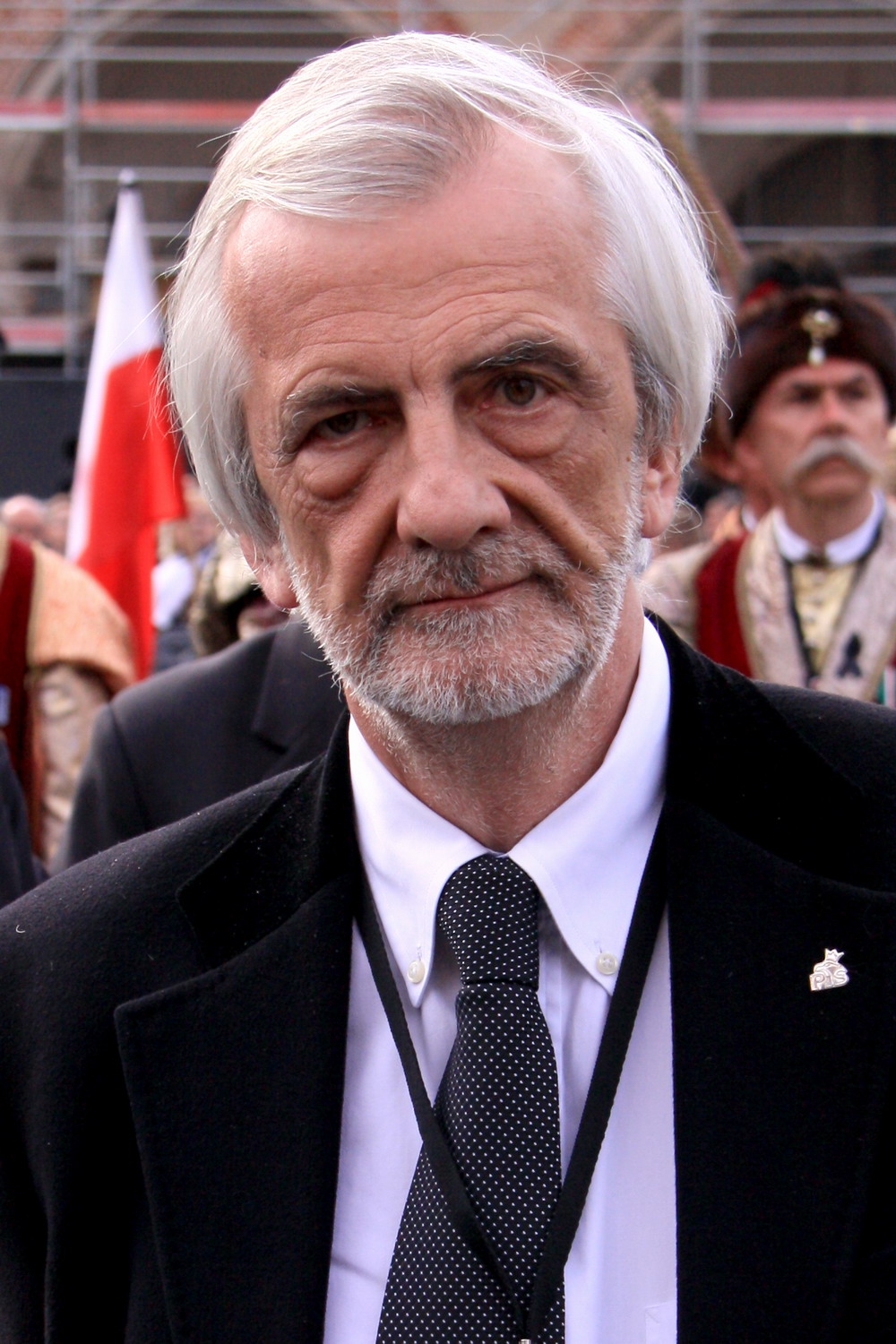
Ryszard Terlecki
Deputy Marshal of the Sejm, Poland
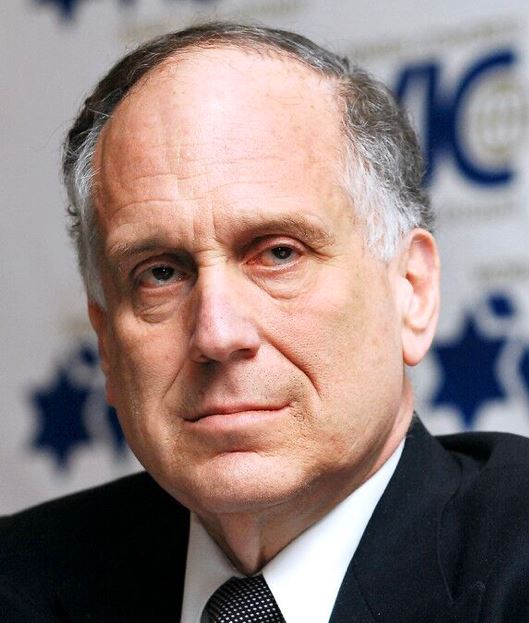
Ronald Lauder
President of the World Jewish Congress
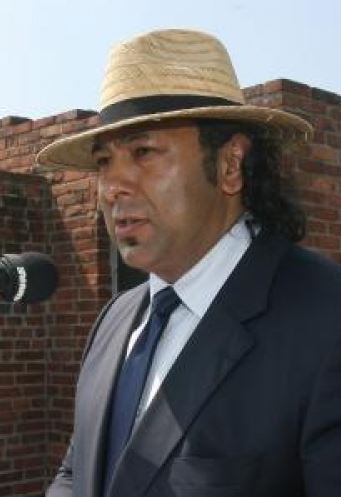
Roman Kwiatkowski
President of the Association of Roma in Poland
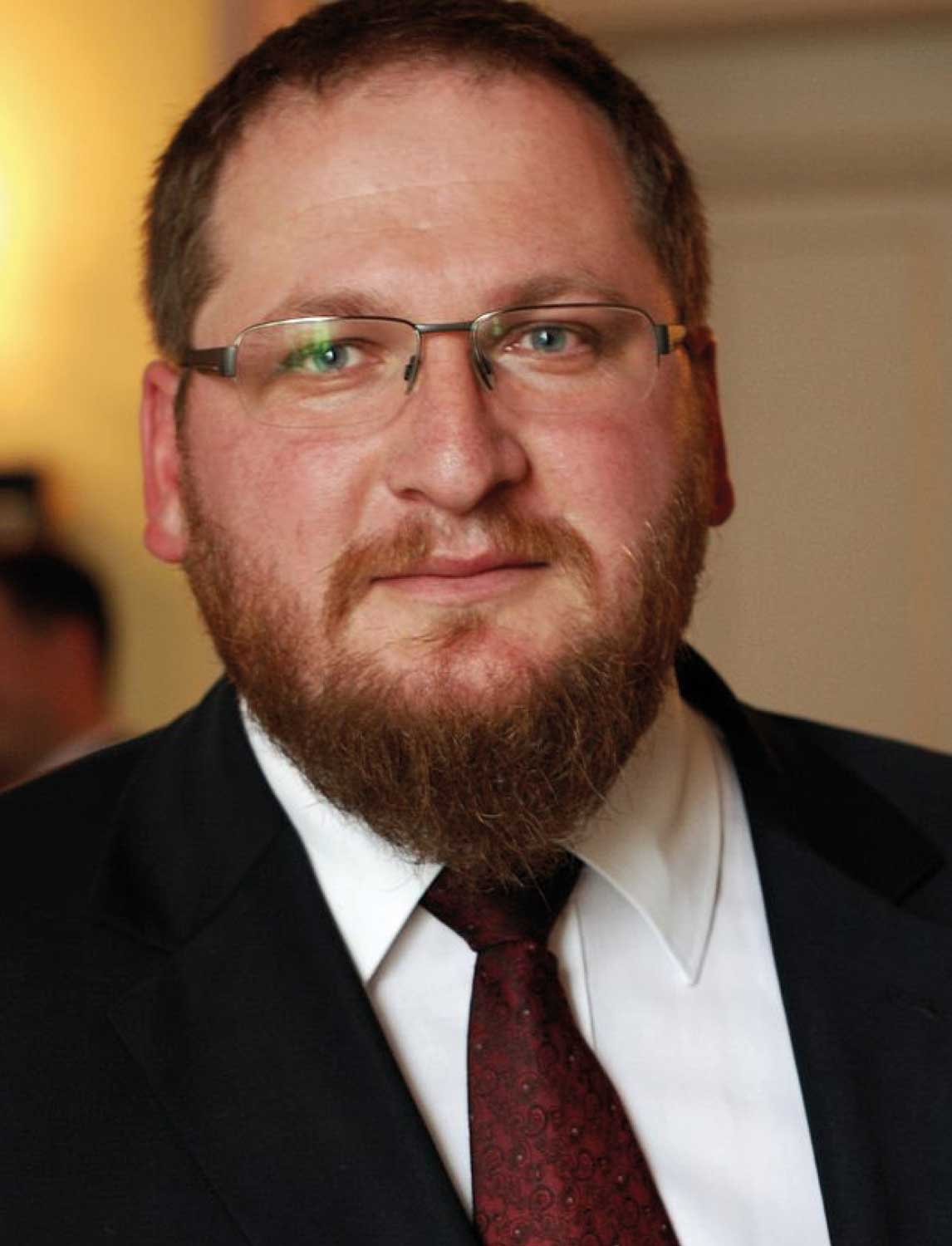
Dr Piotr M. A. Cywiński
Director of the Auschwitz-Birkenau State Museum










